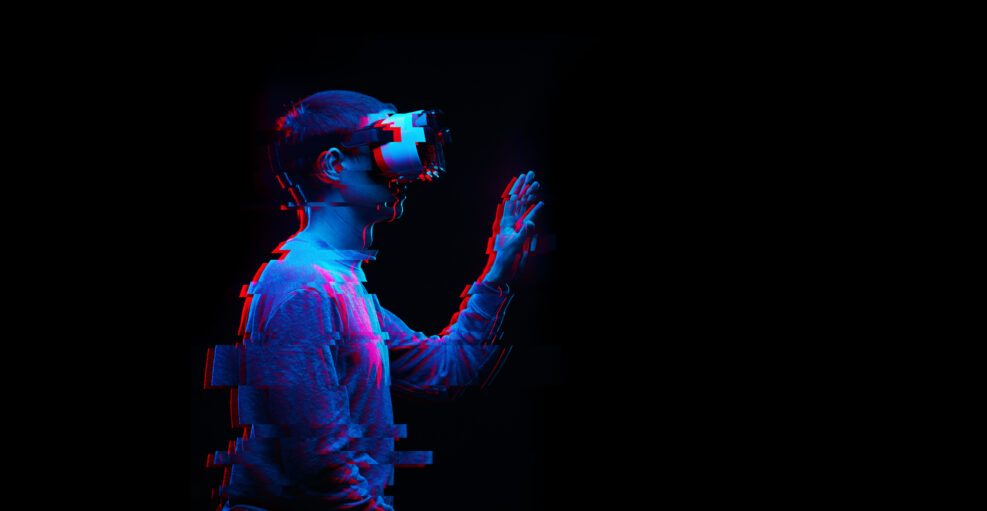
Archives


Google Gemini Presents a Past That Never Happened
You can't trust a bot to give you a history lesson, turns out.
A Canticle for Leibowitz, a Canticle of Speculative Warning
A 1959 novel's speculation of nuclear fallout is yet a story of hope.
Full-Time: Why We Need More Creative Productivity, Not Less
A new book shows how we lost the meaning of work and the ways we can get back on track.
Kurt Gödel’s “Incompleteness Theorem”
For Kurt Gödel, mathematics pointed to a remarkable world of transcendent order and meaning
Will You Be My Valentine, Chatbot?
It is a tragedy indeed when our loneliness as a culture has developed so far that many people see chatbot companions as one of the only way forward.
The “Stay Human” Movement
How we can maintain human exceptionalism in an automated age
Taylor Swift and the Looming Threat of Deepfakes
According to an attorney, Swift should probably go after the AI companies themselves if she decides to sue.
The Apple Vision Pro is Here
What exactly is the point of this new, painfully expensive piece of gadgetry?
Japanese Novelist Who Won Prestigious Literary Award Unabashedly Used ChatGPT
Meanwhile, authors in the United States are waging war against AI for copyright violation
Tech Billionaires and Their Science Fiction Dreams
They're mistaking cautionary tales for instruction manuals.
Napster, Spotify, and AI: How Will AI Escape Copyright Woes?
Robert J. Marks on AI and learning from past copyright cases.
The Transhumanist Delusion of the Nazis
"All the Light We Cannot See" shows what can happen when the delusions of transhumanism join forces with an appalling ideology.
Does ChatGPT Depend on Copyright Violation to Function?
Without copyrighted material, ChatGPT has slim pickings to go on.
You Can Be Social and Still Be Very Lonely
Machines can't meet our need to be known and understood.
This New Year, Resolve to Stay Human
This year, we will continue to declare that human beings are unique and exceptional.
The Two Visions of AI Technology
Competing views of AI's potential comprise a new struggle in Silicon Valley.
Substack Gets It. AI Can’t Replace Human Writers
It was encouraging to see the up-and-coming writing platform boldly herald the uniqueness of human creativity.
New Report: Parents, Don’t Give Your Kids Smartphones
This has become a national health crisis.